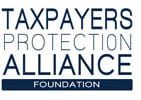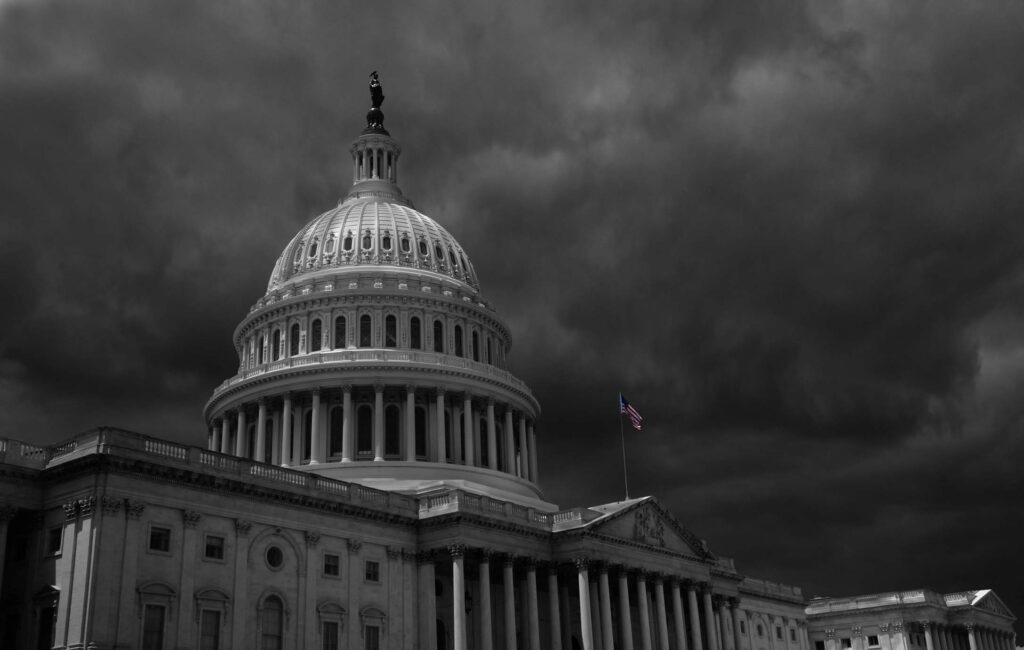Securities and Exchange Commission (SEC)
Keep Politics Out of Portfolios
The overreach of the SEC & Biden Administration will harm public companies, farmers, struggling businesses, and the already fragile economy.
About
The focus of this project – “SEC Mission Creep” – is to shine a light on the incremental, but continuous, venturing by the SEC into areas of public policy for which it has no mandate or congressional authority. In the case of new climate-related disclosure regulations, for example, the SEC is straying from its mission by inserting itself unnecessarily into matters of climate change policy.
If the Biden Administration has its way, the Securities and Exchange Commission (SEC) will soon force public companies to spend as much as $10.2 billion annually evaluating and reporting their direct and indirect impacts on climate. This was not the intention of lawmakers when they created the SEC after the Wall Street Crash of 1929. The purpose of this project – “SEC Mission Creep” – is to shine a light on the incremental, but continuous, overreach of the SEC.
The SEC was never intended to act as a climate regulator, but its latest proposal would mandate that public companies report on their direct greenhouse gas emissions, emissions from their use of electricity for steam, heat or cooling, and even indirect emissions from their suppliers and those who transport their goods. This has led to widespread criticism from elected officials and the business community who are highly concerned about the SEC’s attempt to stray from its mission by inserting itself unnecessarily into matters of climate change policy.
Trillion LOST in stock value.
Billion estimated COST
NO mandate or congressional authority.
Investors have already lost $5 trillion in stock value. Now is not the time for the SEC to create $10.2 billion in new regulatory costs by straying into an area where it has no business or mandate.
Latest Blog
Among the many reasons this new regulatory overreach is bad policy are –
- The SEC itself admits that its proposal has an estimated price tag of between $420,000 and $530,000 per year on average. Companies starting from scratch in reporting climate data could pay even more.
- Everyday investors, including pension holders, will ultimately bear the cost of these regulations in the form of lower dividends and returns.
- Individual investors will be faced with pages of information irrelevant to the financial performance of investments, unnecessarily complicating their investment decisions.
- Global events show the U.S. needs to lead on energy policy and project economic strength. The SEC’s proposal could chill American economic activity.

The Taxpayers Protection Alliance Foundation (TPAF) is a non-profit non-partisan organization dedicated to educating the public through research, investigative reporting, and analysis about the effects of excessive taxation, regulation, and spending by all levels of government.

